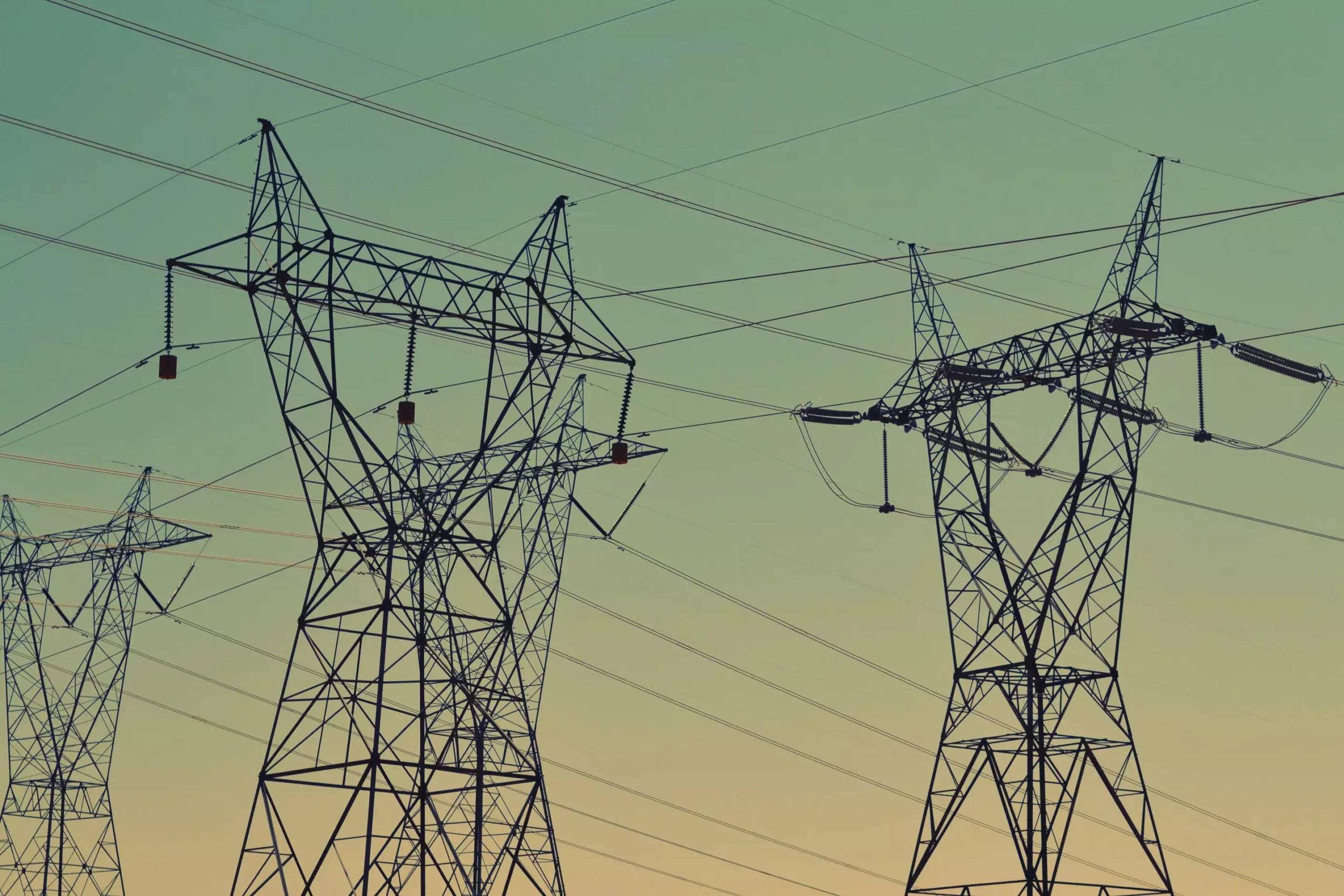Manufacturing nations in the Global North have been found to be stockpiling energy and emission problems by outsourcing energy-intensive industrial processes to countries in the Global South. This phenomenon, termed ‘false decoupling,’ involves Global North countries leveraging their capital and technology advantages to extract a significant amount of energy through outsourcing. However, the outdated production technologies in the Global South often lead to higher energy consumption per unit of output, resulting in increased carbon emissions and environmental harm.
The implications of this energy stockpiling and outsourcing extend beyond individual countries, impacting global trade and environmental sustainability on a broader scale. Concerns about the energy associated with the manufacturing of products or services, known as embodied energy in international trade, have been on the rise due to global energy shortages and environmental degradation. As negotiations on global trade agreements unfold, there is a pressing need for the Global North to acknowledge the indispensable role played by certain nations in the Global South with export-oriented manufacturing economies.
The international group of researchers from the UK, Netherlands, and China has issued a call for collaboration between countries in the Global North and Global South to collectively address the issue of energy equity in global trade. It is crucial for policymakers to identify which countries benefit from embodied energy and offshoring unsustainable production processes to promote equity, sustainability, and shared responsibility in the global economic landscape.
To combat the escalating global embodied energy transfers, the researchers emphasize the importance of enhancing energy efficiency through technological advancement and regional collaboration in the Global South. Companies and governments in the Global North are encouraged to provide substantial technical support to improve the efficiency of industrial processes in the Global South. By working together to enhance technological capabilities and strengthen regional cooperation, nations can mitigate potential inefficiencies that could exacerbate climate change and environmental degradation.
Path Forward
Utilizing the latest multi-regional input-output database for their analysis, the researchers have identified the spatial pattern and driving forces of change for energy embodied in international trade from 2000 to 2019. While North-North trade currently dominates global embodied energy transfers, the disparity between the Global South and Global North in energy transfers remains substantial. Moving forward, it is imperative for countries across the Global North and Global South to collaborate and address the challenges posed by rising energy consumption in order to achieve a greener, more sustainable world.


Leave a Reply